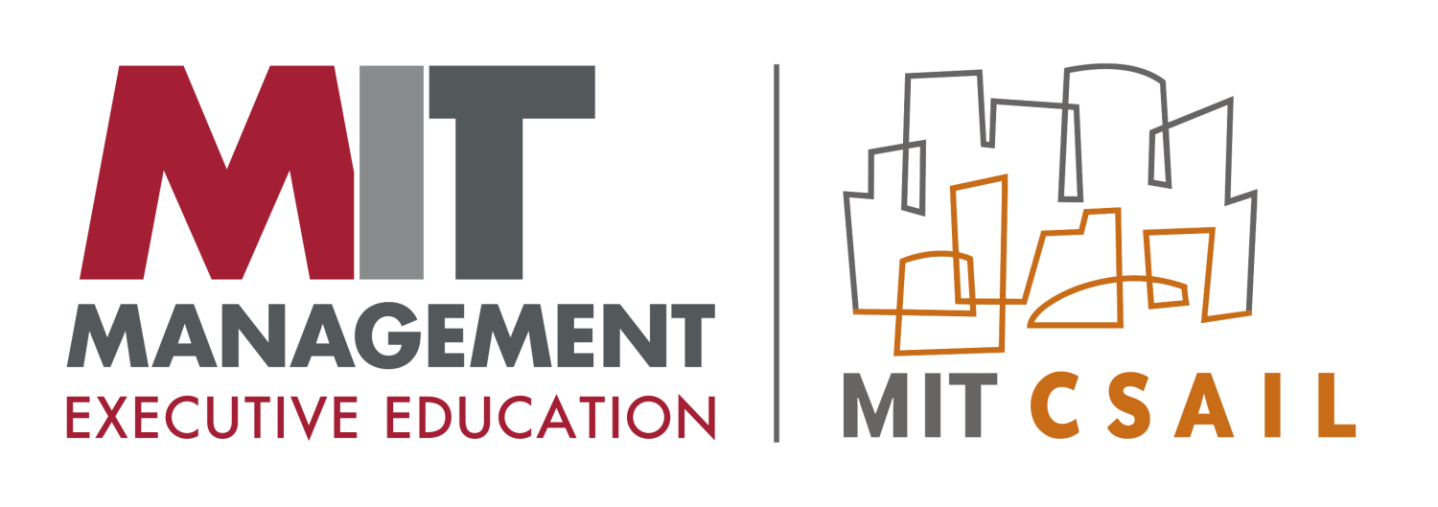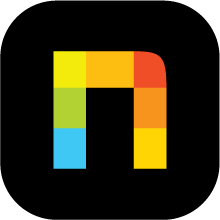AI is the talk of the town these days in the schools across the country. Many students and teachers alike are aware of AI’s existence—and a possible future with its widespread use—but currently, a majority of K-12 educators have yet to embrace the software.
This is according to new research conducted on behalf of the American Federation of Teachers—one of the largest unions in the country—which found that the students in 3 out of 4 educators’ classrooms have never used generative AI such as ChatGPT or Google Bard for learning. Moreover, 76% of K-12 educators have never used it for their own work.
What’s striking is that nearly an identical number of educators say they utilize education technology for things like communication, planning, and instruction.
But looking at college classrooms, 58% of instructors say they or their students are using AI in the classroom.
Randi Weingarten, president of the AFT, says there is optimism among teachers about AI—but they desperately want to see safeguards before it gets out of hand.
“Teachers see the potential, both in terms of limiting their own paperwork as well as helping kids, but teachers are also smart, and they know the obstacles, and they want to make sure that the guardrails are there,” she tells Fortune.
At the same time, she notes that worries about the perils of educators being replaced by AI have been subdued.
“We’re actually teaching children, it can be a really powerful supplement and complement for themselves and for their kids,” Weingarten says. “So they’re pretty much ahead of the policymakers.”
According to the new AFT research, an overwhelming majority of teachers—85%— say they want more control over how educational technology is introduced and deployed in classrooms.
Safeguard pillars
Weingarten identified three main focuses when it comes to establishing guardrails for education technology and AI: privacy, security, and ethical issues.
Many teachers believe social media companies like TikTok and Meta have algorithms that really hurt kids, she says. The use of social media in children has been linked with anxiety and shorter attention spans.
To avoid similar outcomes stemmed from AI, the AFT believes having having safeguards such as against disclosure of children’s privacy, dis- and misinformation as well as deepfakes is crucial.
The AFT recently announced a new partnership with GPTZero to help teachers identify when students may be using generative AI content. This includes a strengthened collaboration with NewsGuard to place an increased emphasis on media literacy and fighting misinformation.
“We have to not just talk the talk about guarding against disinformation, and things that are insightful,” Weingarten says. “And the privacy of particularly young people, we have to actually act on it.”
Future of learning
Figuring out how AI can truly be used to benefit students and teachers—as well as its limitations—is important, Weingarten says. Concerns about plagiarism, for example, have the ability to be solved with tools.
“I think it’s important for us to have, you know, tech literacy and media literacy as part and parcel of classwork in the United States,” she says.
The classroom of the future—say in five or 10 years—will be focused on projected-based, experiential learning, something that AI can really help facilitate, Weingarten adds
“Every classroom is not going to look the same,” Weingarten says. “Yeah, but the application of knowledge is really what’s gonna be the be all and the end or in the classroom of the future.”
Learning application—versus memorization— as well as building relationships and social emotional development are also important, she adds.
“We understood the importance of in-person learning,” she says. “And so, let’s take those lessons into the AI future with us.”








